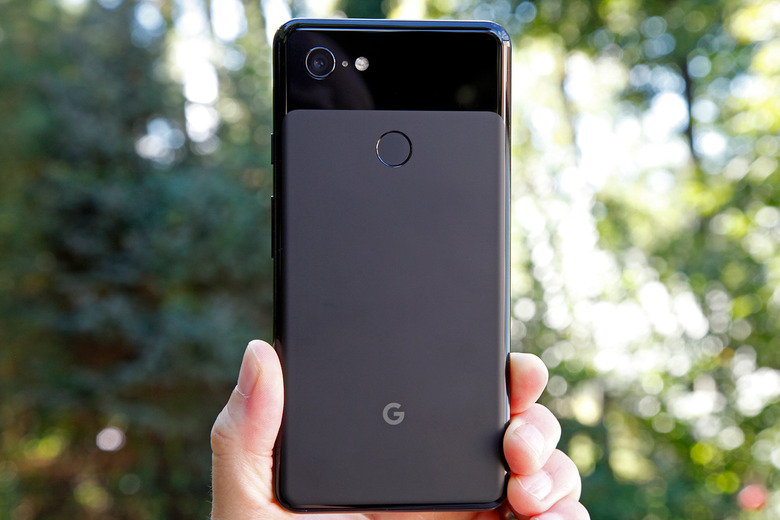Analyst: Google's Speakers And Pixel Phones Are Turning Its Hardware Into A $20B Business
Thanks to Google's enduring moneymaking machine, its parent company Alphabet remains a titanic force of advertising. However, according to a new analysis, a separate powerful force is likewise swelling beneath that surface. We're referring to the fact that Google is continuing to build up a robust hardware business — one that's growing to such a degree that RBC analyst Mark Mahaney thinks it will start raking in almost $20 billion in sales over the next three years.
That growth is thanks in part to Google's success with products like its Pixel phones and line of smart speakers, in addition to Nest cameras and thermostats and Chromecast streaming dongles, to name a few others. Such devices, Mahaney wrote in a note to clients, have "gained critical success and are starting to gain material commercial traction."
RBC is projecting that for 2018, Google's hardware business will have generated $8.8 billion in revenue and profit of $3 billion. By 2021, though, a huge jump will have taken place. That revenue number is expected to climb to almost $20 billion, with profit likewise hitting $6.1 billion.
To be clear, all of that is still dwarfed by the 85.8 percent of Alphanet's total revenue that advertising still accounts for. Nevertheless, the growth is unmistakable and shows that Google is increasingly becoming a hardware force to be reckoned with, in spite of its spectacular failures like Google Glass or the fact that it's never found a home run product like the iPhone.
Its Google Home speakers, powered by the company's helpful Google Assistant AI, have seen about 43 million installs in the US, RBC estimates. "Hardware," according to Mahaney, "remains a small, but important part of Google given its potential as a key growth avenue and strategic hedge for the company."
CNBC breaks that analysis down a little more: "While Mahaney sees revenue and profits growing, the real value of Google's hardware is that it provides a platform for it to develop and deploy its artificial intelligence chops and gives it more ways to serve ads. Morgan Stanley analysts have actually recommended that Google should give its Home Mini devices away for free in order to defend its retail ads turf."
